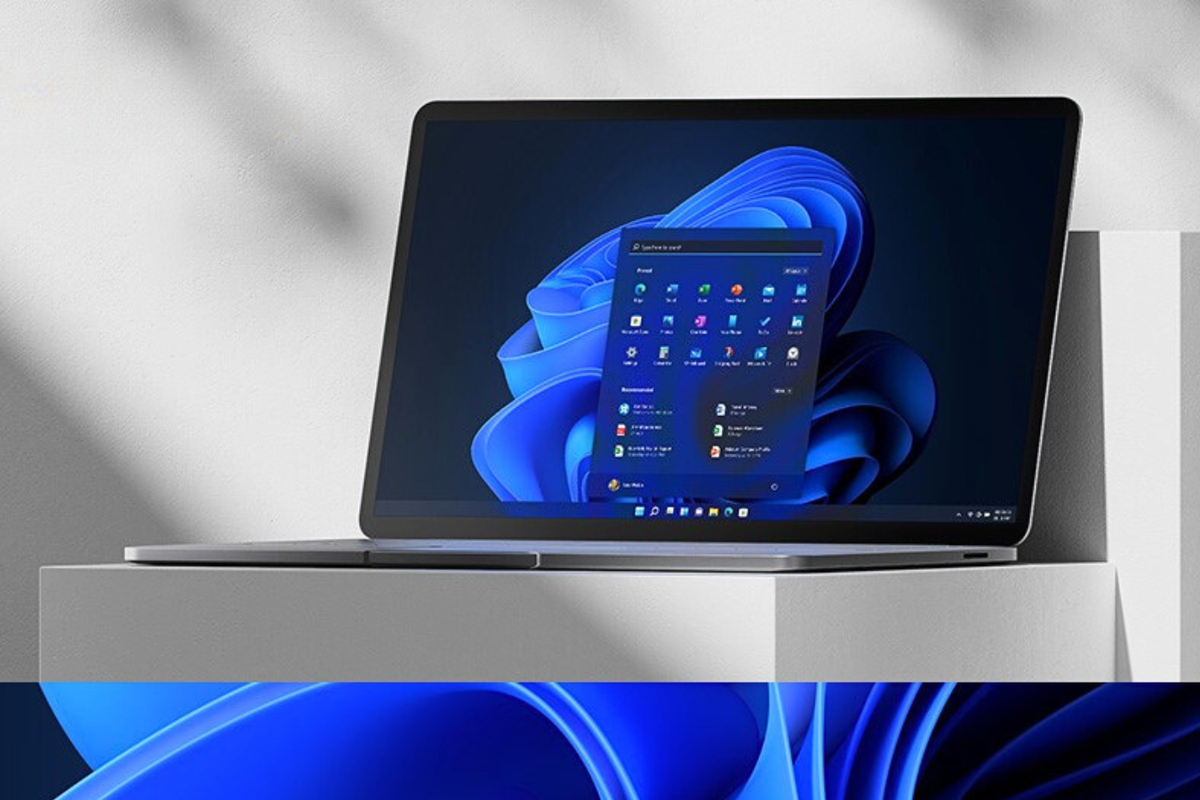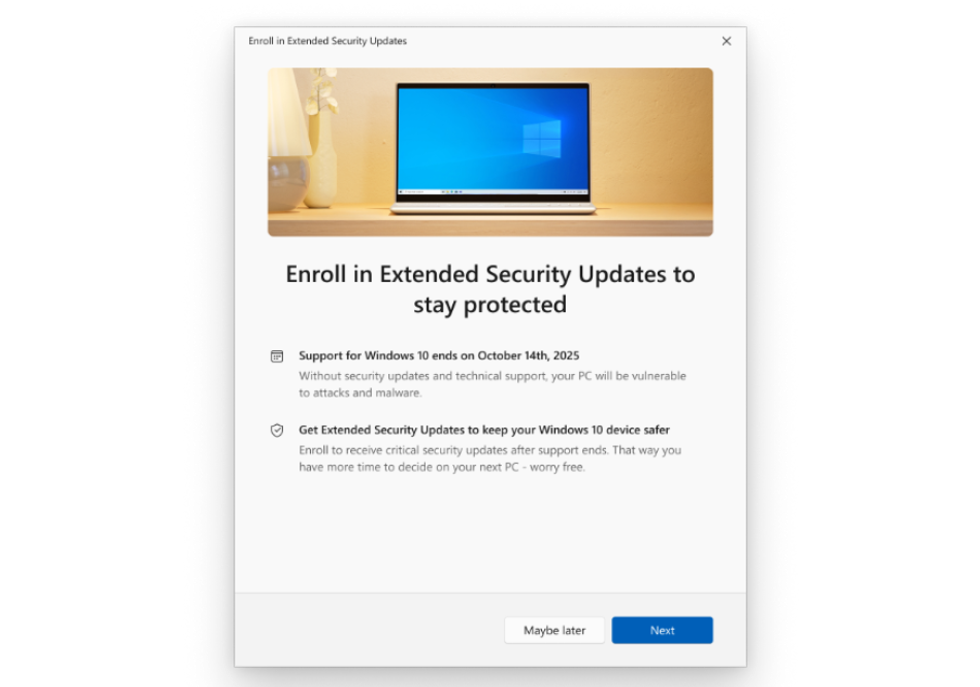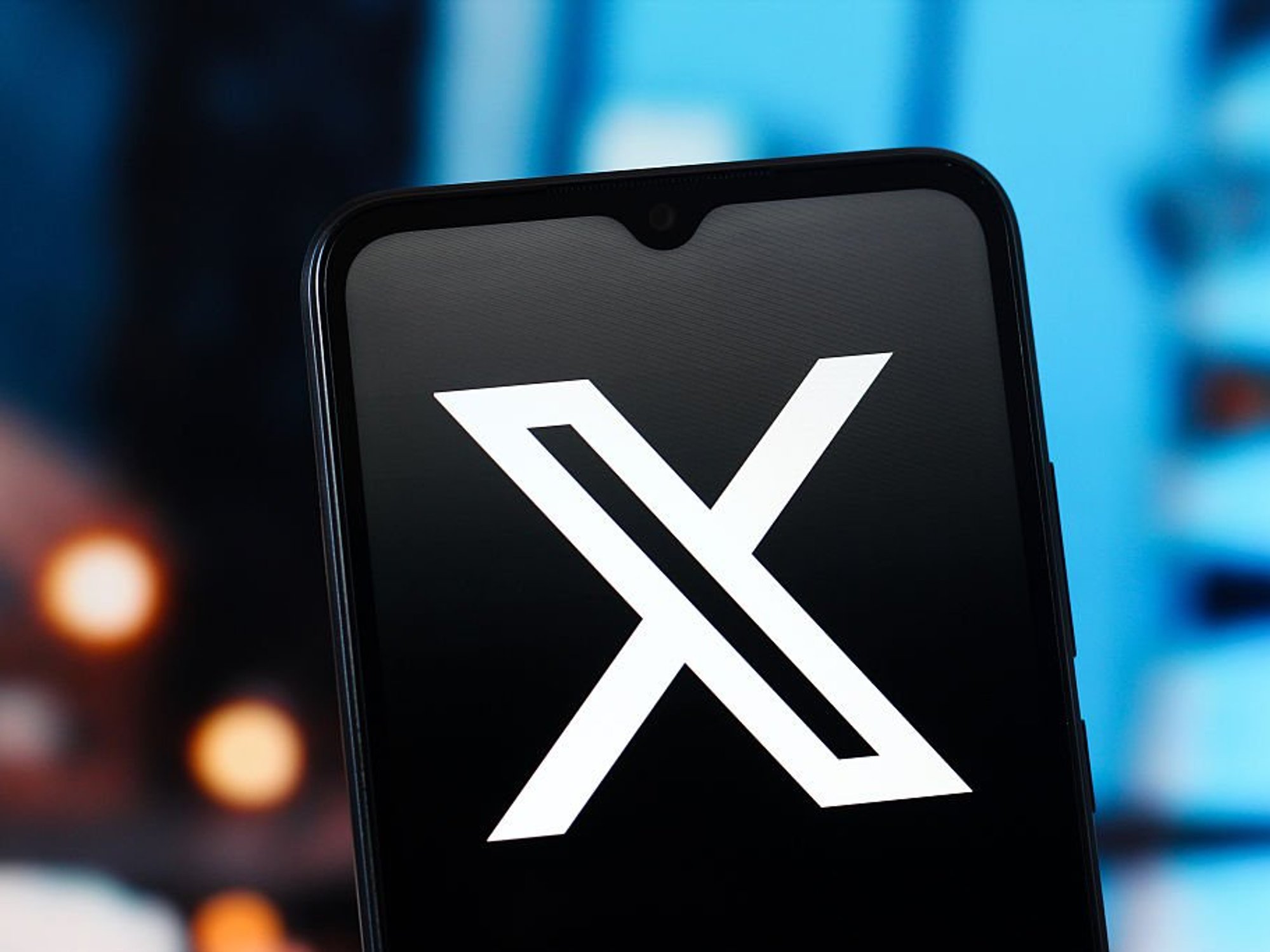Government swerves Windows 10 malware risk with £312m upgrade to 'maximise security and productivity'
Microsoft will no longer provide free security updates, bug fixes, or new features for Windows 10
- Downing Street spent £312 million on upgrading to Windows 11
- The Department for Environment, Food & Rural Affairs (Defra) was responsible
- Defra moved 31,500 computers from Windows 7 to Windows 11
Don't Miss
Most Read
Latest
The UK Government spent £312 million upgrading a fleet of computers to Windows 11 after Microsoft pulled support for the Windows 10 operating system.
More than a decade after its launch (and four years after Microsoft confirmed that it would be ending support), the US company issued the final security patch for Windows 10 on October 14, 2025.
This milestone, known as End of Life, means Microsoft will no longer provide free security updates, bug fixes, or new features for the desktop operating system. Without these critical updates, the company has warned, users who remain on Windows 10 face an increased risk of viruses and malware.
To ensure these devices were no longer at risk, the Department for Environment, Food & Rural Affairs (Defra) recently completed a £312 million IT upgrade. The department moved 31,500 computers from Windows 7 to Windows 11, with Windows 7 having reached its End of Life on January 14, 2020.
"Defra services are on Windows 11 and have been since March 2025. We consistently invest in updating our systems to maximise security and productivity across the department, allowing us to most effectively deliver for the public,” a Defra spokesperson explained to GB News.
The upgrade wasn't instantaneous either. It was part of a two-year technology overhaul to modernise the department's computer systems. In doing so, the department successfully removed tens of thousands of outdated laptops from service and fixed 49,000 critical security weaknesses across its IT network.
The modernisation effort also involved transferring 137 older applications to updated infrastructure.

If you avoid the switch to Windows 11, you'll miss out on new Windows features, which are exclusive to the Windows 10 successor moving forward
| MICROSOFT PRESS OFFICEDefra also shut down one data centre as part of the overhaul, with plans to close more facilities in future years. These improvements support vital public services that many rely on, including systems that monitor flooding risks and manage border controls.
The Animal and Plant Health Agency's SAM service was moved to Defra's private cloud infrastructure as part of these changes. The department also applied security patches to ageing servers as a temporary measure until full replacements can be implemented.
LATEST DEVELOPMENTS
Despite Microsoft officially pulling the plug on Windows 10 support in October, there are a few workarounds to continue getting security updates.
For example, Microsoft's Extended Security Updates (ESU) program can add another year of free updates to the retired OS, but after October 13, 2026, another solution will be needed.
 Extended Security Updates (ESU) offer a way to unlock an additional one year of vital patches for Windows 10 users | MICROSOFT PRESS OFFICE
Extended Security Updates (ESU) offer a way to unlock an additional one year of vital patches for Windows 10 users | MICROSOFT PRESS OFFICE Defra's confirmed next steps involve shifting essential applications to cloud-based systems and implementing automation technologies to decrease long-term technical liabilities. The department connects these changes to wider efforts aimed at enhancing operational efficiency through digital transformation of public services and elimination of paper-based processes.










